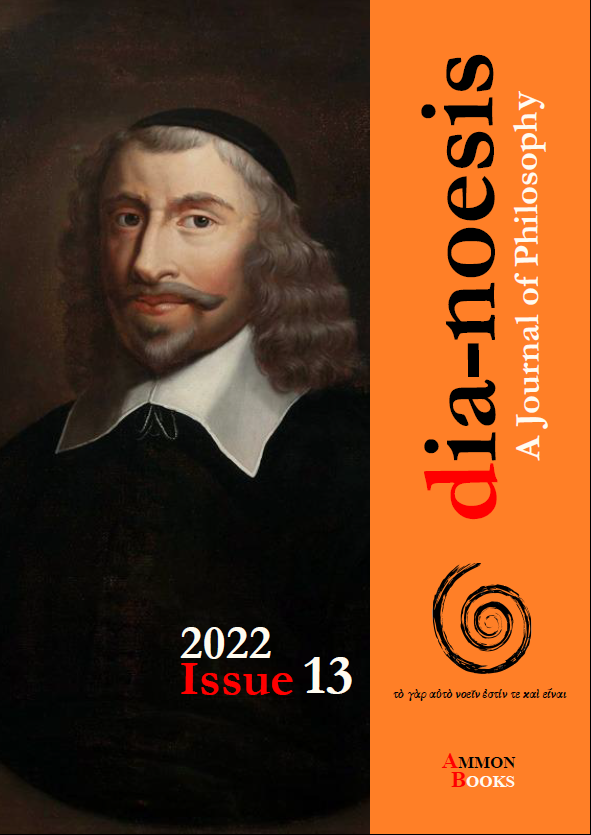The Byzantine cosmopolis beyond western liberalism

Abstract
The present article reflects on Early Byzantine strands of political thought (more precisely, on viewpoints developed by Priscus of Panion and Procopius of Caesarea) in tandem with Anthony Kaldellis’ depiction of Byzantium as a representative politeia. It explains how Priscus’ and Procopius’ insights concerning the Eastern Roman Empire as lawful polity could allow us to envisage a new cosmopolitan paradigm, grounded on ‘bottom-up’ institutions of political representation. This paradigm could respond to a series of limitations that characterise the present standards of international cooperation, upon which transnational projects, such as the European Union, are predicated. These standards rely much on Immanuel Kant’s viewpoints on cosmopolitanism, but also on John Locke’s theory of Social Contract, which constitutes a genealogical evolution of Hobbes’ absolutist thought that I also intend to submit to scrutiny. In short, I set out to explain how this new cosmopolitan paradigm (based on this particular depiction of Byzantium as a ‘representative’ and ‘lawful constitution’) could respond to gaps identified in the liberal canon of international relations.
Article Details
- How to Cite
-
Theodosiadis, M. (2024). The Byzantine cosmopolis beyond western liberalism. Dia-Noesis: A Journal of Philosophy, 13, 33–62. https://doi.org/10.12681/dia.37782
- Section
- Articles


